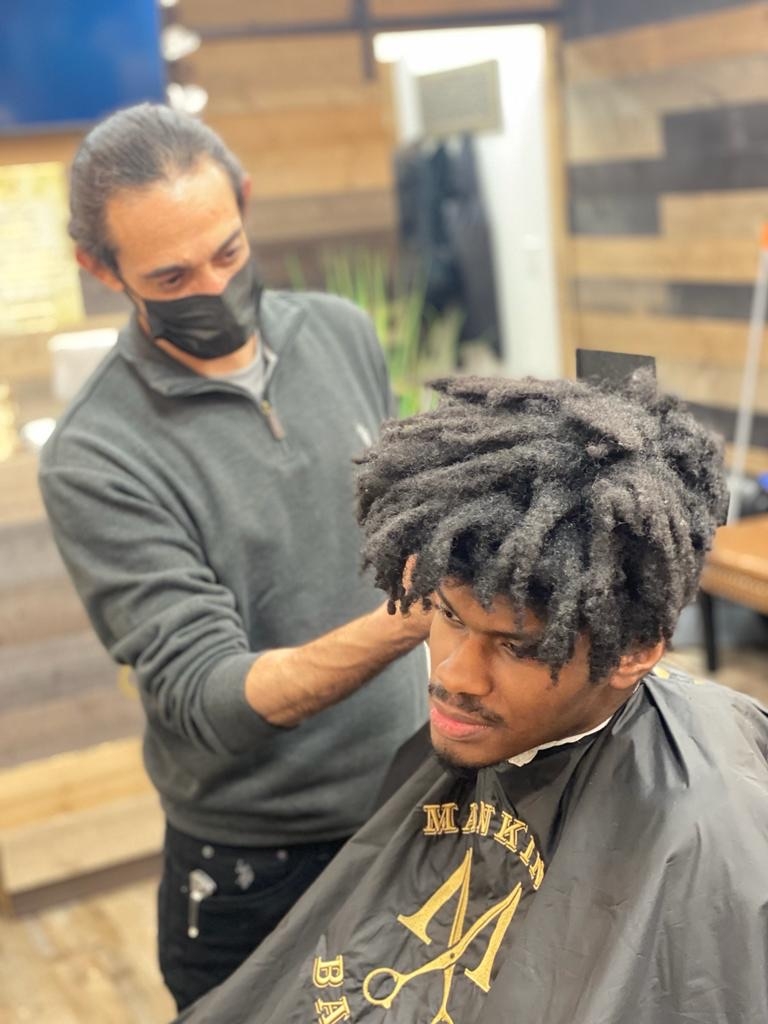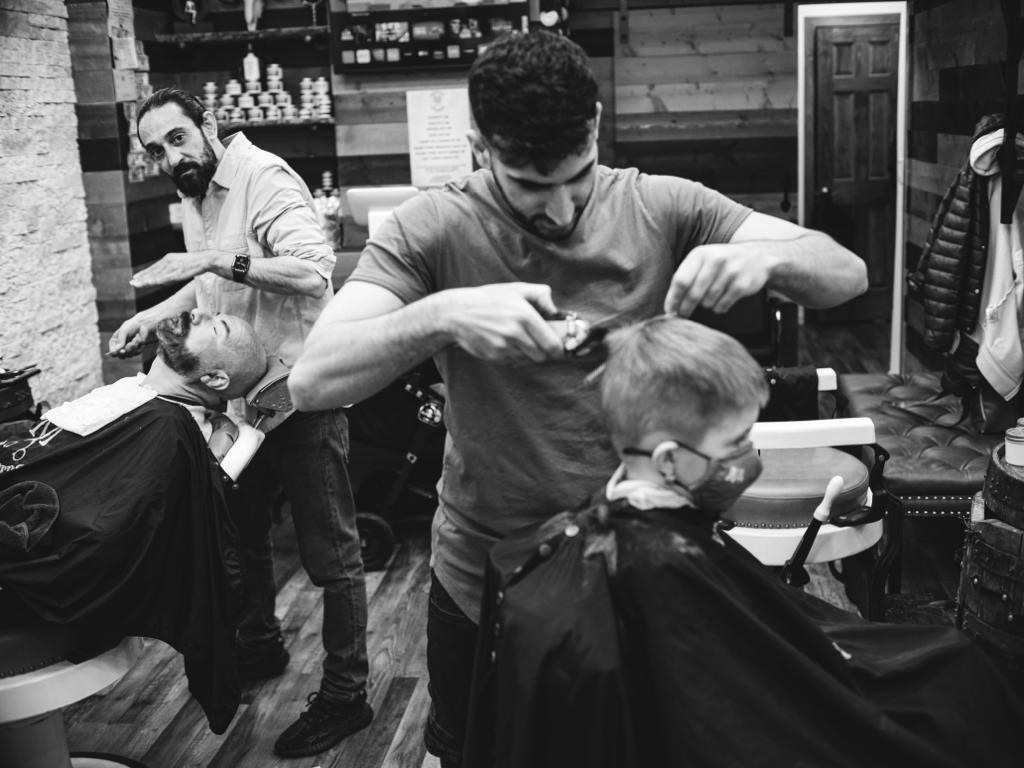During the winter months, individuals with beards should take special precautions to ensure proper beard care. The cold, dry air can lead to increased beard dryness, itchiness, and brittleness. It is important to use hydrating beard oils, balms, and conditioners to keep the beard moisturized and nourished. Additionally, individuals should avoid over-washing their beards, as this can strip away natural oils and further contribute to dryness. Regular trimming and shaping can also help maintain a healthy beard during the winter season. Overall, incorporating a consistent beard care routine that focuses on hydration and protection is essential for keeping the beard looking and feeling its best in colder weather conditions.



